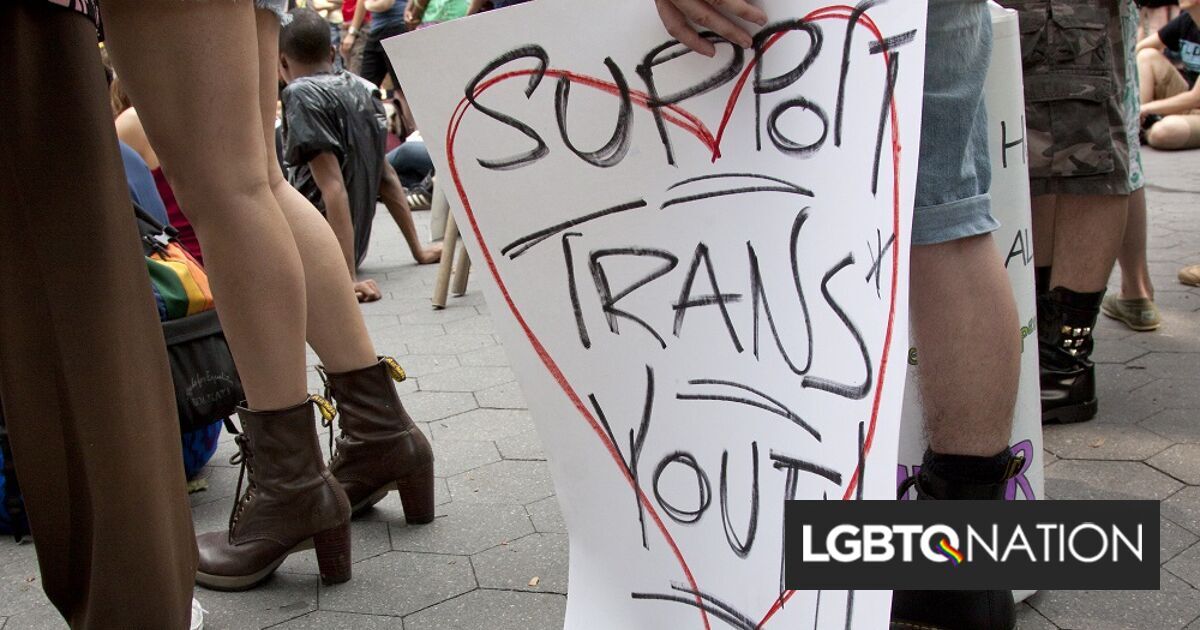This is the problem when we ‘win’ lawsuits like this.
The money doesn’t come out of the pockets of the police or the politicians who are doing wrong; the taxpayers foot the bill.
I’m saying not to sue, I’m saying we need to change the way people are held responsible.
In California, the major utility provider was found guilty in relation to wildfires, and fined.
Guess what happened to electricity rates…
That’s an argument for making utilities publicly-owned again more than anything else.
It can be both
Publicly-owned like the school district?
At least in the Bay Area, there’s a few cities that have municipal utilities (owned and ran by the city). Usually this is because they installed power lines before PG&E existed.
In those areas, the electricity rates are less than 1/3 of PG&E’s rates. Residential electricity is around $0.16/kWh in Palo Alto and Santa Clara (city, not county), compared to something like $0.55-0.60/kWh in summer peak with PG&E.
One of the things with PG&E is that customers in city areas subsidise customers in rural areas, since it’s quite a bit more expensive to service customers in rural areas. Most of the price difference is greed, though. PG&E have record profits every year. The municipal electricity providers are non-profits and have an incentive to keep prices low.
The thing that confuses me is that California bailed out PG&E when they declared bankruptcy, yet PG&E are still operating as a for-profit company? They essentially just got free money from the government. Why didn’t the government take over the company?
Eh, if the government fucks up then it has to pay, the taxpayers should pressure the government to not fuck up again if they don’t like having to pay for making people whole
I agree with you, but to the average citizen, they are unaware of the direct consequences of those who they are voting for, especially when it relates to taxes. To some, this could be seen as a direct result of the “woke agenda” and would be anti-woke tax. They might double down and reelect their candidate who got them into this mess to “fix” the system and stop the tax increases, since that’s easier than actually creating meaningful changes in society.
It should be the job of the opposition politicians to let the citizens know that was the consequence of who they were voting for.
The point here is that they and everyone else in the state has to correct their behavior now and one person was made whole.
And how has this penalty incentivised any change in behavior? I assume the money will come from the school district, which is earmarked from local and federal taxes. So now there’s less money to pay for schools. In practice the school board may do as they wish with less funding until they are not reelected. Do you think they will be firing or docking pay of the people who are actually to blame?
Because a court just said that they can’t do that. That’s what incentivized change.
I’ve always found it absurd how you can get compensated with amounts of money you would not see in a lifetime of work if you win the right type of legal case in the US so much so that purposely getting hurt to sue has become a running joke. Nothing against this particular case or individual but it always seemed like a perverse form of justice instead of, for example, making the party in the wrong change their policy to avoid similar incidents happening in the future while also covering legal fees.
The large sums of money are supposed to be punitive. They’re supposed to hurt the offender enough that they won’t do it again.
Unfortunately, the sums are rarely high enough to do that, and usually get cut several times in appeals.
A better method would be going after the individuals responsible for it directly, instead of the entire organization. But that’ll never happen.
As the common sentiment goes:
If fines aren’t high enough to be punitive, they’re just the cost of doing business.
To paraphrase Churchill, it’s the worst possible system, except for all the others,
While I get what you’re saying, the best type of outcome for something like this will be a policy change to avoid similar incidents. However if you were to force policy changes through these sort of lawsuits, you would have the defense fighting for the smallest policy changes and even arguing that these small changes infringe their rights or are cruel and unusual - this would be even more complex to solve, and ineffective. The better way is to make penalties high enough that those penalties themselves motivate policy changes that will actually be effective. It puts the people being punished in charge of their next possible punishment, and this can lead to even better policy changes than simply doing it directly.
For an example, if you sued a company because you stepped on a nail left by their construction crew (which was proven to be willful negligence), they might argue that they can simply sweep up any remaining nails. By changing that to a $1 million fine, they’re going to not only remove all of the nails, but make sure they never get left on the floor ever again. You can’t get this effect by simply ruling “no more nails on the floor.”
Yeah, I mostly used that example since it was a school district so it would be feasible to enact actual policy change that would punish violations internally. I agree that for private corporations this does not work but for public institutions it’s also not as effective of a deterrent as it could be due to lack of direct financial accountability.
I’ve always found it absurd how you can get compensated with amounts of money you would not see in a lifetime of work if you win the right type of legal case in the US so much so that purposely getting hurt to sue has become a running joke.
This isn’t entirely unique to the USA. It takes different, and even worse forms, in some other countries.
In China for car accidents theres a history of the offender intentionally killing the injury victim to avoid having to pay for a lifetime of disability payments. Its cheaper for the offender to pay a one-time fine for killing than it is to pay for years or decades to support the victim financially. source
The tax payers need a wakeup call to let them know that their votes matter
Precedent set. More, please.
Nah, people only care when it’s the other way around.
Judge Anthony Gabbert said that the school district’s reasoning for excluding RMA, which was that he had female genitalia, was not a valid reason. Gabbert said that the district “did not actually determine the nature of RMA’s genitalia.”
God, we live in such a wild world. Arguing over a child’s genitalia, jesus. Can’t we focus our energy on literally anything more important? If he says he’s a boy, he’s a boy. The school district doesn’t need to see evidence and should focus on a quality education like they are supposed to do. This is so unprofessional, it’s almost beyond belief.
Another proud moment for our civilization. Arguing about the private parts of children in the court room to make the baby Jesus crowd happy
Removed by mod
5m for a restroom isnt that a little bit too much?
Hes been fighting this fight for 10 years, and was specifically and blatantly discrimination agaisnt on many occasions by the school district.
No, its not too much. If the taxpayers think it’s too much, they should not discriminated against in people the future.
Well I think it s way too much , but I m not american and don’t have a trial mentality. 5M for that ?-? Like I agree that they are asshole to not let him use it but man thats a lot of money.
IKR you think the district would take the stick out of their ass and let the man use the damn men’s restroom and locker room! You can be a bigot for much less than that.
The US has largly privatized regulation. Where most countries would have a government agency enforce the law, the US tends to give individuals the right to sue to do so. This means that the rewards need to be high enough to both incentize lawsuits, and make up for the cases that don’t get brought.
In this case, according to the appalet court [0], the compensatory damages were only $175k. The rest of the judgment cane from $4m in punitive damages, and about $560 in attorney’s fees.
[0] https://mediaassets.kshb.com/NWT/Sam/Opinion_WD85778.pdf










